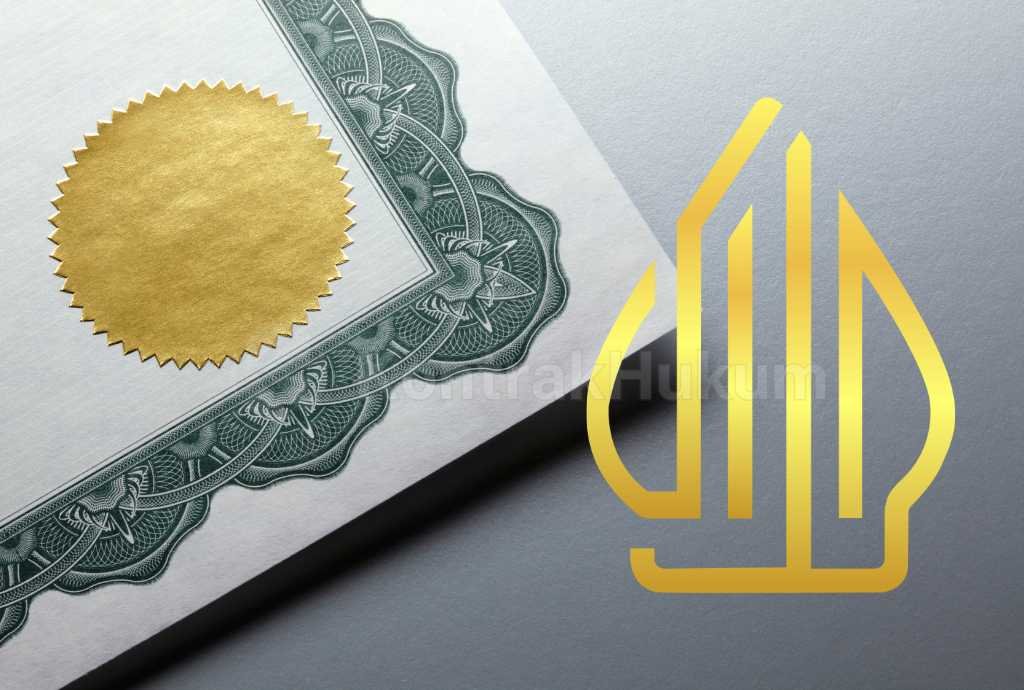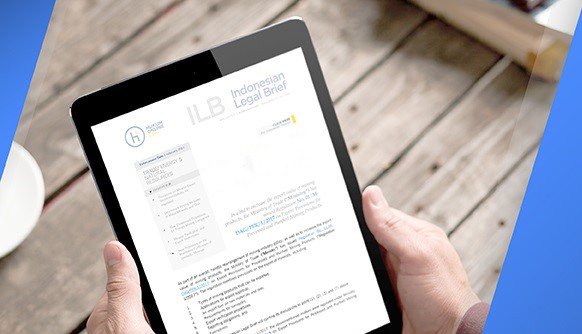
The government has decided to postpone the implementation of the mandatory halal certificate for Micro, Small and Medium Enterprises (MSMEs), from October 17, 2024 to 2026.
Coordinating Minister for Economic Affairs Airlangga Hartarto said that this decision was made in a limited meeting chaired by President Jokowi and a number of ministers held on Wednesday (15/5/2024).
Meanwhile, the halal certificate obligation remains in effect for large-scale businesses until October 17, 2024. President Jokowi will issue a Presidential Regulation to regulate the change.
“So, specifically for MSMEs, it was shifted to 2026. Meanwhile, the large and medium ones will still be enforced as of October 17,” said Coordinating Minister for Economic Affairs Airlangga Hartarto.
Obstacles to the Implementation of Halal Certification Obligations
On the same occasion, Minister of Cooperatives and SMEs Teten Masduki said that the halal certification obligation for MSMEs was postponed because the target could not be pursued until October this year.
Teten explained that the government through the Ministry of Religion's Halal Product Guarantee Agency (BPJPH) has only certified 44.4 million of the total MSMEs in Indonesia. This means that there are still 15.4 million MSMEs that need to be certified.
According to him, if it is forced to take effect in October 2024, BPJPH needs to issue 102 thousand certificates per day, far from the current average ability of BPJPH which is only about 2,678 certificates per day.
MSMEs will be caught in the law because their products have not been certified, if the policy is still implemented this year. So that this delay is also a form of government partiality to these people's businesses.
Ministry of Religion's Response to the Postponement of Halal Certification Obligations
In line with Minister of Cooperatives and SMEs Teten Masduki, Minister of Religion Yaqut Cholil Qoumas said that the policy of postponing the obligation of halal certification of MSE food and beverage products is a form of government support for MSE actors.
With this delay, MSEs are given the opportunity to arrange a Business Identification Number (NIB) and apply for halal certification until October 2026.
“This decision is also to protect business actors, especially MSEs, so that they are not legally problematic or subject to administrative sanctions,” continued Cholil.
As for other than MSE products that are categorized as self-declare, for example products of medium and large businesses, according to the Minister of Religion, the halal certification obligation will still be enforced starting October 18, 2024.
Furthermore, the Head of the Halal Product Guarantee Agency (BPJPH) of the Ministry of Religion, Muhammad Aqil, said that along with the postponement of the halal certification obligation, his party will immediately discuss technical matters with related ministries such as the Coordinating Ministry for the Economy, the Cabinet Secretariat, the Ministry of Cooperatives and SMEs, and others.
“The postponement of the halal certification obligation also provides time for the government to intensify synergy and collaboration between Ministries, Institutions, Regional Governments (Pemda) and related stakeholders to facilitate halal certification financing, data collection, integrated services, and halal certification guidance and education,” continued Aqil.
How to take care of halal certificates for MSMEs
Halal certificate is a written fatwa from the Indonesian Ulema Council (MUI) which states the halalness of the product in accordance with Islamic law.
Halal certificate is also a requirement to obtain permission to include halal labels on packaging from authorized government agencies.
In addition, the purpose of this halal certificate is to provide certainty of halal status, so that it can reassure consumers in consuming it. The continuity of the halal production process is guaranteed by the manufacturer by implementing a Halal Assurance System.
As for taking care of halal certificates, MSME players need to prepare several required documents as follows:
1. NIB/SIUP/SIUP/IUMK
2. ID card of the business actor
3. Copy of halal provider certificate and copy of halal provider decision
4. Name and type of product
5. List of products and ingredients used
6. Product management process
After completing the above requirements, MSME players can apply for a halal certificate through the ptsp.halal.go.id page. BPJPH will check the completeness of the data and the examination is forwarded to LPH.
Furthermore, the inspection report will be submitted to MUI for a fatwa hearing and the issuance of a halal certificate by BPJPH.
The validity period of the halal certificate is four years and three months before the validity period expires, MSME players are advised to make an extension.



Jl. H. R. Rasuna Said Blok X-5 No.Kav. 2-3, Kuningan, Jakarta 12950
National Economy
Regional Economy